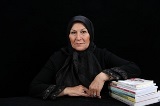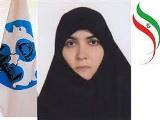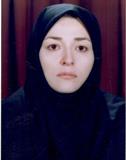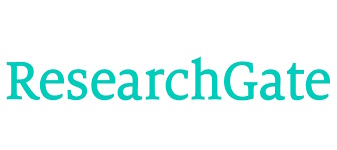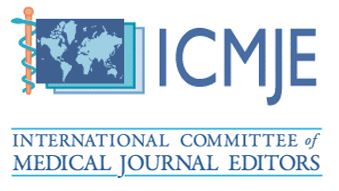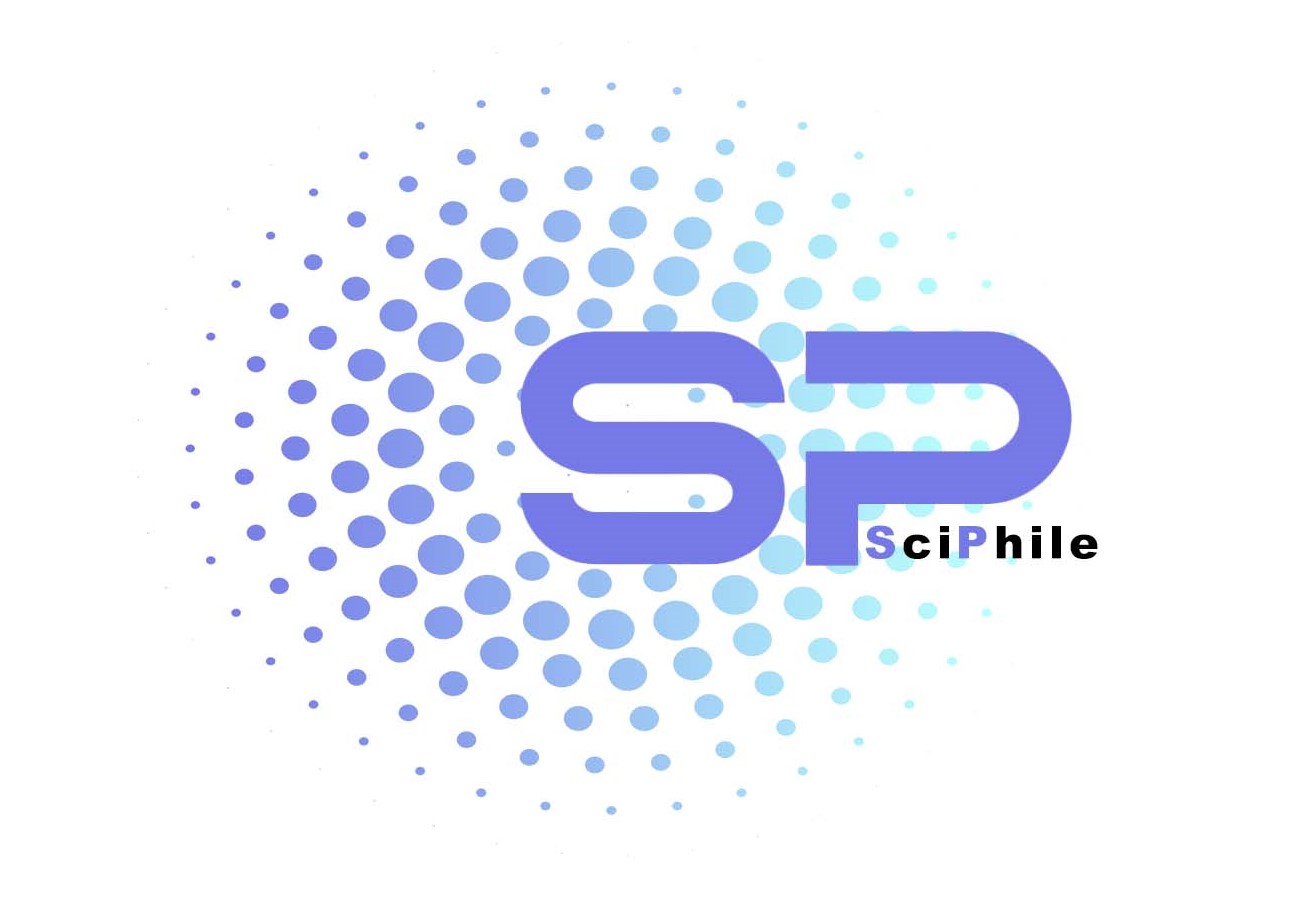The Effectiveness of Solution-Focused Couple Therapy on Cognitive Flexibility of Couples Seeking Divorce
Keywords:
Couple Therapy, Solution-Focused, Cognitive Flexibility, DivorceAbstract
Aim: This study was aimed to determine the effectiveness of solution-focused couple therapy on the improvement of the cognitive flexibility of couples seeking a divorce. Method: This study was a quasi-experimental design with pre-test and post-test. The population of this study included 20 couples who referred to Mehravar Counseling Center in Tehran. And after screening the population using the Cognitive Flexibility Questionnaire of Dennis and Vander Wal (2010), they were randomly assigned to two groups of solution-focused couple therapy (10 couples) and a control group (10 couples). The study group received solution-focused couple therapy in 8 sessions of 90 minutes, and the control group was on standby. The data were analyzed using univariate and multivariate analysis of covariance. Results: The results indicated that solution-focused couple therapy is effective in increasing cognitive flexibility (F = 15.93 and P = 0.001). Also, solution-focused couple therapy was effective on the components of perceived controllability (F = 26.59 and P = 0.001), perception of different options (F = 5.35 and P = 0.026) and self-justification perception (F=23.49 and P = 0.001). Conclusion: Solution-focused couple therapy intervention can be applied as an effective treatment method to increase cognitive flexibility in conflicting couples with troubled relationships.
Downloads
Downloads
Published
Issue
Section
License
Copyright (c) 2021 Maryam Behbahani, Maryam Zolfaghari (Author)

This work is licensed under a Creative Commons Attribution-NonCommercial 4.0 International License.













